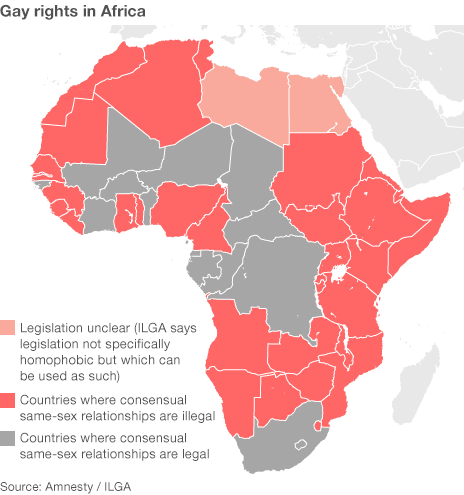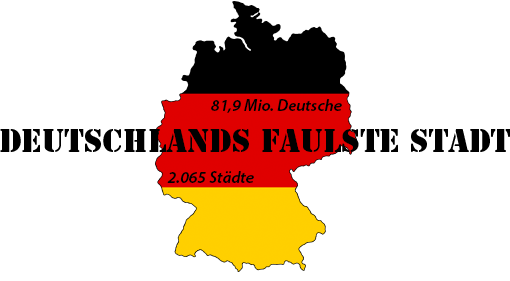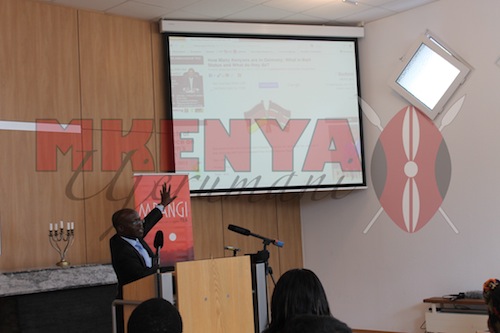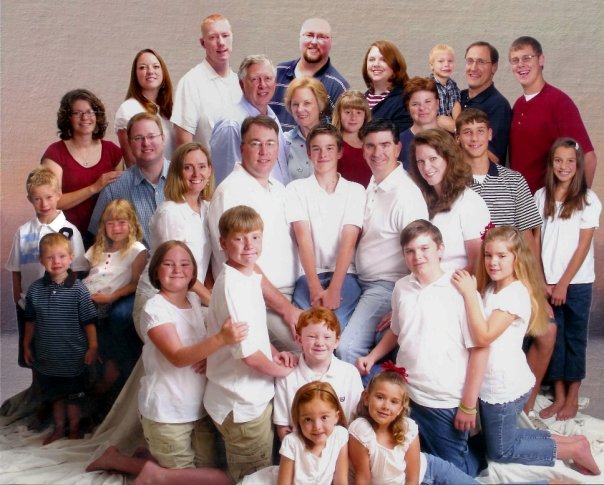Three gay Africans from Sierra Leone, Senegal and Uganda had gone to court in the Netherlands asking for the right to seek for asylum based on the fact that they were gay and are legible for persecution in their home countries. The dutch government referred the case to the European Court of Justice, for advice.
The European Court of Justice has now ruled that Africans from countries where homosexuality is illegal and homosexuals are persecuted are legible for asylum within the European Union. “A term of imprisonment which accompanies a legislative provision which punishes homosexual acts may constitute an act of persecution per se, provided that it is actually applied.”
ECJ rulings apply to all EU members.
“The mere existence of a ban on homosexuality is not grounds in itself for approving an asylum request,” the ECJ ruled.
“The court considers that requiring members of a social group sharing the same sexual orientation to conceal it is incompatible with the recognition of a characteristic so fundamental to a person’s identity that the persons concerned cannot be required to renounce it,” the judges ruled.
“Therefore, an applicant for asylum cannot be expected to conceal his homosexuality in his country of origin in order to avoid persecution.”
Under international law people from a social group with a well-founded fear of persecution or human rights violations can claim asylum status.
It will be up to national authorities to decide whether the situation in an applicant asylum seeker’s country of origin amounts to persecution, particularly “whether the term of imprisonment is applied in practice“.
“However, applicants must establish that they face persecution and inhuman or degrading treatment in their country of origin to qualify for our protection.”
Next year, following another Dutch case, the EU courts are expected to rule on a much more difficult matter: how national asylum authorities should verify a person’s claim that they are homosexual.








